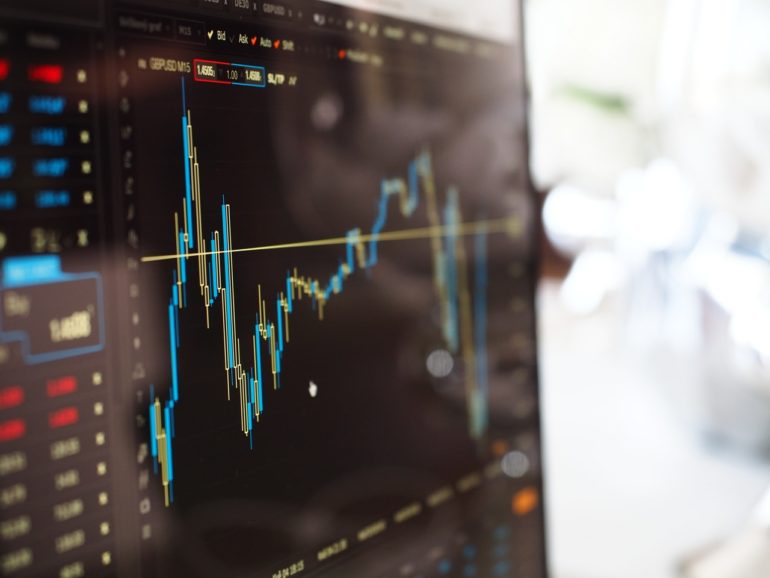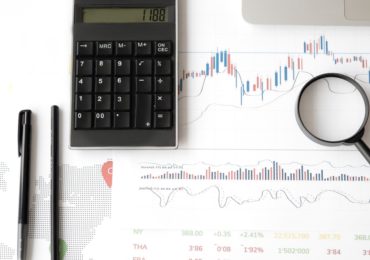
In my last couple of columns, I’ve sounded the warning alarm for those inclined to trade in and out of stocks.
This is a subject that’s been on my mind for several years, as I previously coached people on getting in and out of growth stocks, using market-timing techniques.
Do those techniques work? Sometimes. They work best in a bull market that is not whipsawed on a regular basis by the news event du jour. But as we all know, such market-moving events – often miscategorized as “black swans” – seem to occur fairly frequently. In other words, they’re not so rare as the bull-market growth traders might like.
And there are umpteen trading systems that are touted as the magic bullet. I interviewed a guy for MoneyShow last year who claimed his software had a 94% success rate for any stocks, options, futures, and forex.
Uh huh.
As Dave Ramsey told a caller the other day (and I’m paraphrasing here), if there were some magic stock-picking formula, with an insanely high success rate, wouldn’t all the fund managers at Vanguard, American Funds, Fidelity, and all the other big fund families be using it? You’d see books called “The Vanguard Stock Trading System.”
Of course, no such thing exists.
So if you want to open a little side account, where you trade high-beta small- and mid-caps such as Lumber Liquidators LL +0%, Green Mountain Coffee GMCR +0% Roasters, or Sinclair Broadcast Group SBGI -1.32%, I’m not going to argue with you.
But the purveyors of trading-systems who somehow suggest this is your ticket to riches, or even a secure retirement – those folks I have a gripe with.
Your portfolio has to match your financial plan. No ifs, ands or buts. Unfortunately, too many of these traders don’t have a plan or believe that they are too old for common-sense investing, so they have to aggressively trade, to make up the difference.
When you are tempted by one of these books, trading software programs, or seminars, ask yourself: What am I hoping to achieve with this system? Most people will say, “To make money.”
But as I wrote about a few weeks ago, that’s the wrong answer. Your first objective is to protect what capital you have, and then figure out how to invest the money to achieve your life goals. Retirement in a golf community? Quit your job and do volunteer work? Sit in the house all day and watch daytime television?
All of those are feasible goals (I suppose), but you have to understand how your financial decisions affect your ability to achieve them. Sure, you will find a few people here and there who are successful stock traders, but they are essentially professional money managers, even if they work for themselves, trading their own accounts. For the most part, the at-home active stock trader has a dismal record. If trading is intended as a strategy for amassing money for offsetting future liabilities (also known as “regular living expenses”), it is usually a loser’s game.







